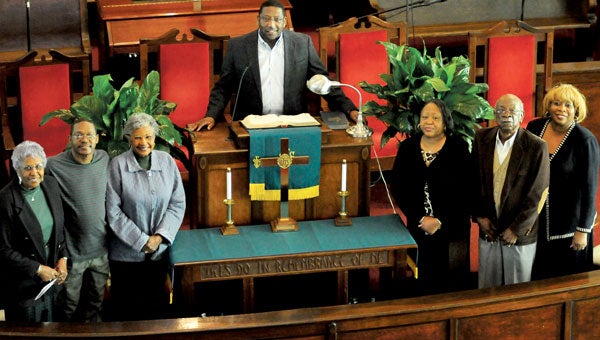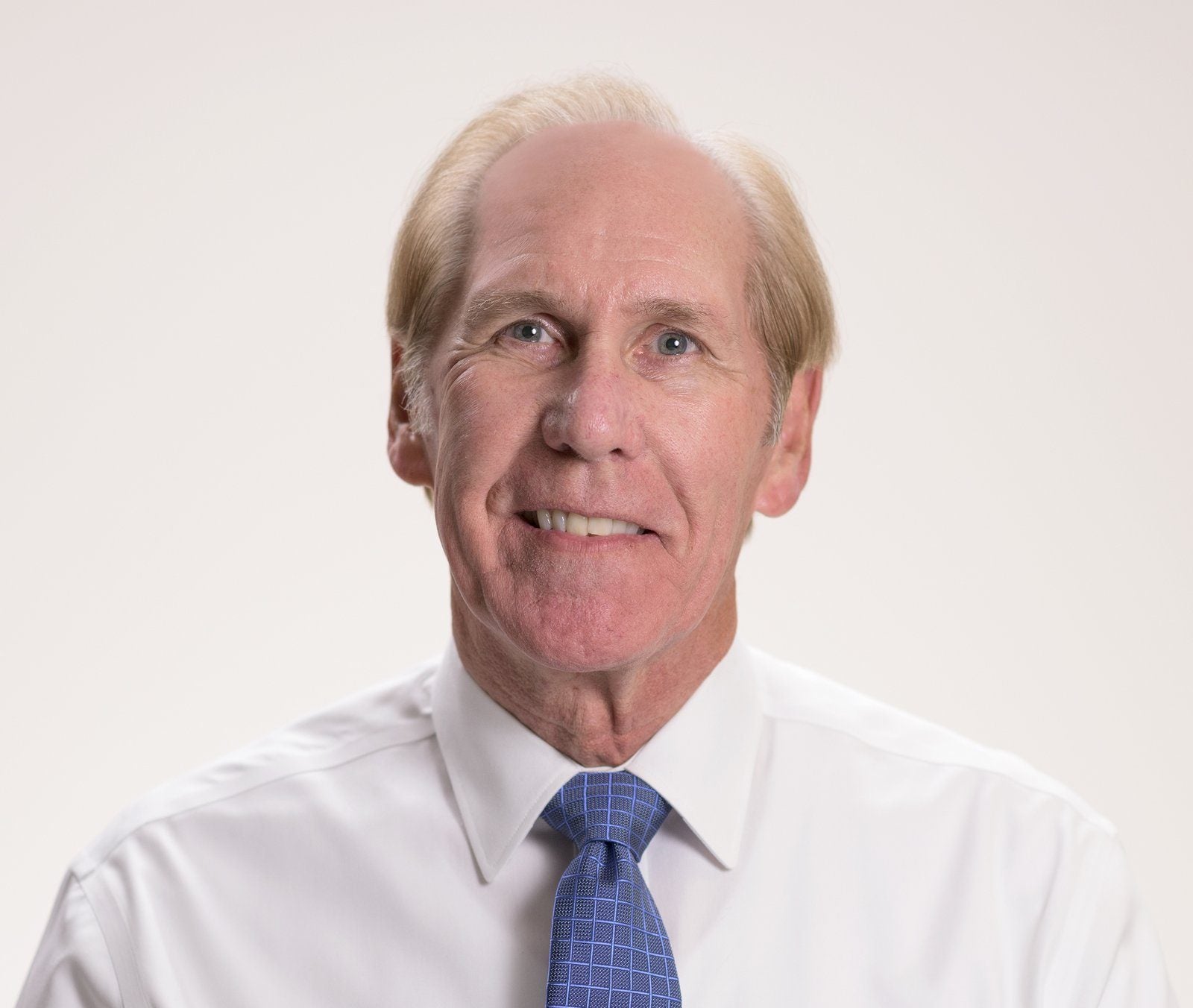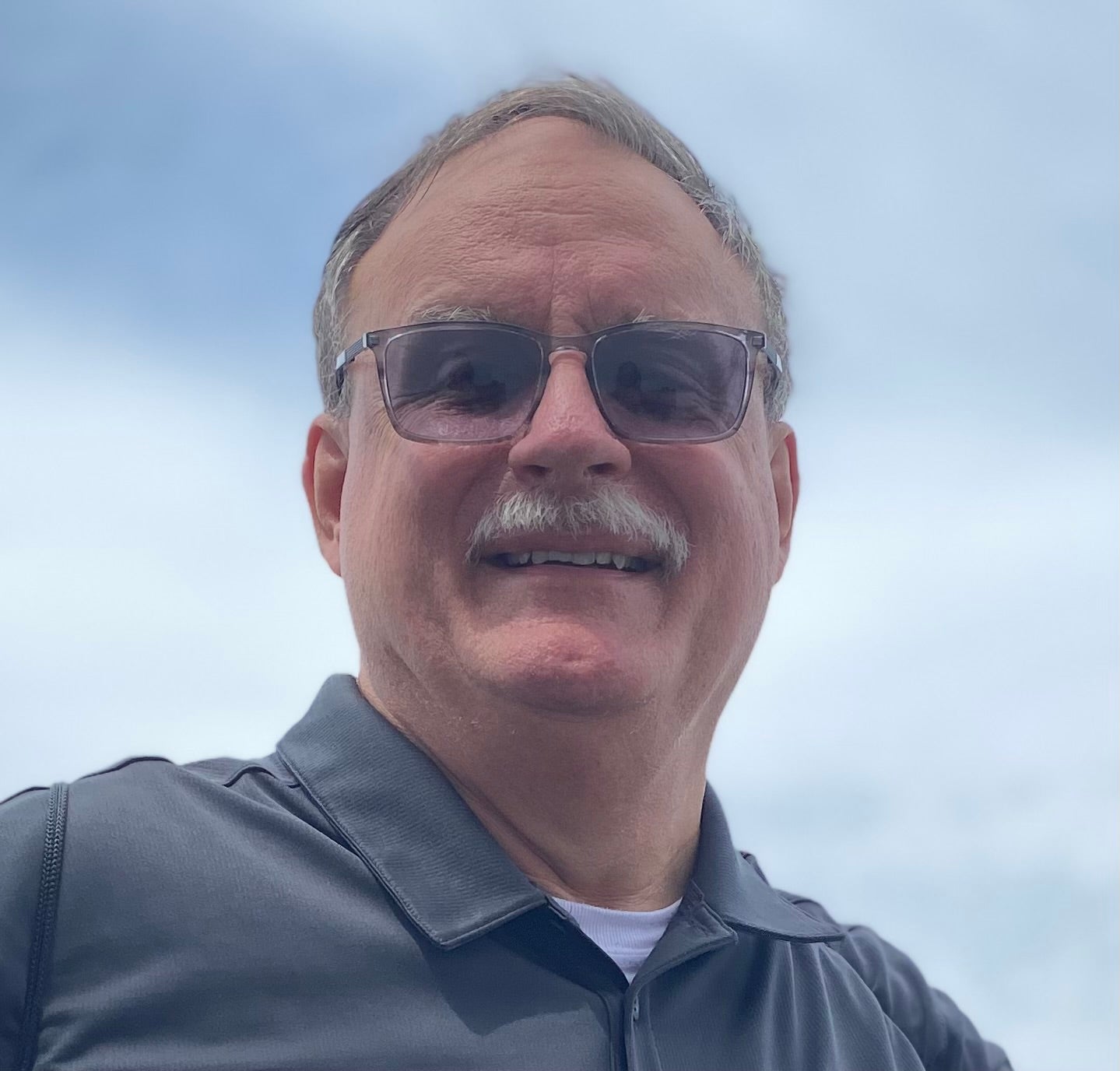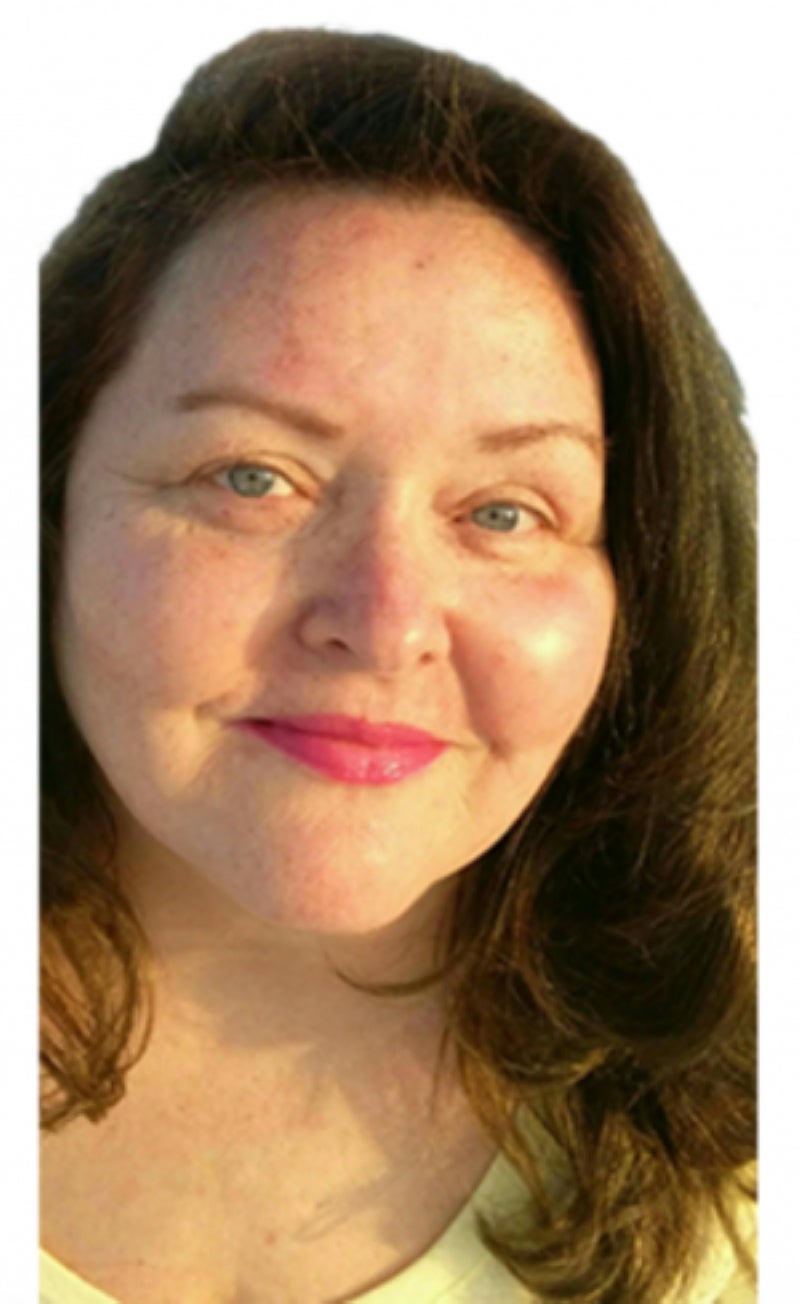Brown Chapel reaches 145th mark
Published 11:55 pm Tuesday, February 15, 2011

From left, Frances Headen, Reginald Moore, Izetta Maul, Rev. Tony C. Scott, Joyce Parrish O'Neal, William Marshall Sr. and Dale Bryant gather and Brown A.M. E. Church to discuss the church's upcoming anniversary. -- Rick Couch
History lives within the stain-glass studded walls of Brown Chapel African Methodist Episcopal Church.
And it marks now its 145th year celebration.
“We don’t do this every year,” said L. Dale Bryant, coordinator and chairperson of the church’s anniversary event. “We celebrated our 125th anniversary and so this celebration is definitely important and significant.”
The event will begin at 7:45 a.m. Sunday at the Carl C. Morgan Convention Center and will feature U.S. Rep. Terri Sewell (D-Selma). Sewell leads a list of speakers who will tell their stories each month through August.
For two decades, Bryant has attended the church. But there are those whose history goes deeper, including Joyce O’Neal, a member for more than 62 years.
O’Neal grew up during the Jim Crow era when African-Americans had to step off the sidewalk if they saw a white person coming or risk, at the most, physical abuse, and at the least, verbal bashing. African-Americans took solace in their churches, where they met, prayed and planned.
“The church was the center of our lives,” O’Neal said. “Because I grew up in the Jim Crow era, there weren’t a lot of places I could go, but I was free to be myself there.”
The church also provided a place of political awakening for O’Neal and others. She worked with the Student Nonviolent Coordinating Committee in Selma. At age 16, she heard Malcom X speak at Brown Chapel
He came shortly after watching debate on the Civil Rights Bill of 1964 and running into Martin Luther King Jr. in Washington. At the time, according to Malcom X’s biography, he told King he was ready support voter registration, where his separatism had meant he had no interest in voting.
It was shortly after that meeting, while King was in jail, that Malcolm X accepted SNCC’s invitation to speak.
“Malcolm talked about how important the movement was for the young people and how they needed to encourage their parents to vote,” she said. “He encouraged us to achieve our goals and be self-sufficient. His message resonated with us.”
Others also called for freedom from the pulpit there in the church, including King, who used it as a starting point for the Selma-to-Montgomery march, thus giving the building with the twin towers and Romaneque Revival styling a place in history.
Izetta Maull, a member for more than 80 years, a site to visit and pay homage to a movement that resulted in passage of the Voting Rights Act of 1965. She calls the church, “a Mecca for everyone.”
They have come to mark the Bridge Crossing Jubilee: Barack Obama as a candidate for president; Hillary Clinton as a candidate for president; former president Bill Clinton and those who suffered the blows of state and county law enforcement officers: Hosea Williams and Rep. John Lewis, D-Ga.
But the church and its congregation have not rested on their historical laurels. Pastor Tony C. Scott has lead the church to continue to connect to the community as it did when it joined to lead the nation from Jim Crow.
“We’re not only celebrating Founder’s Day, but our legacy is to minister to the whole man, both intellectually, emotionally and physically,” Scott said. “Brown Chapel was a beacon both spiritually and physically to the community, and we want it to be a place of reconnecting to the community and bringing it hope. We want to reach out and expand the love of Christ.”




